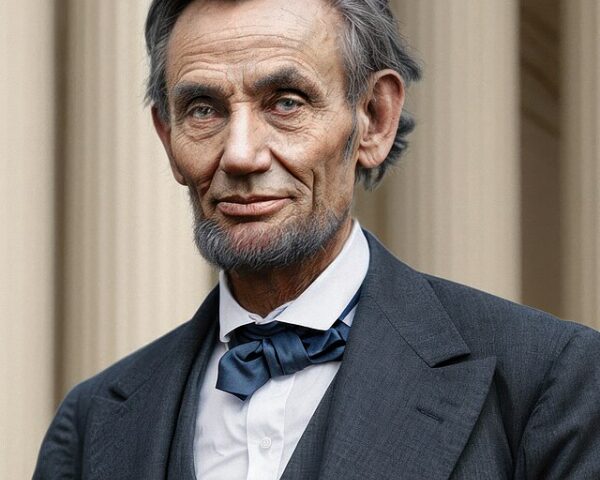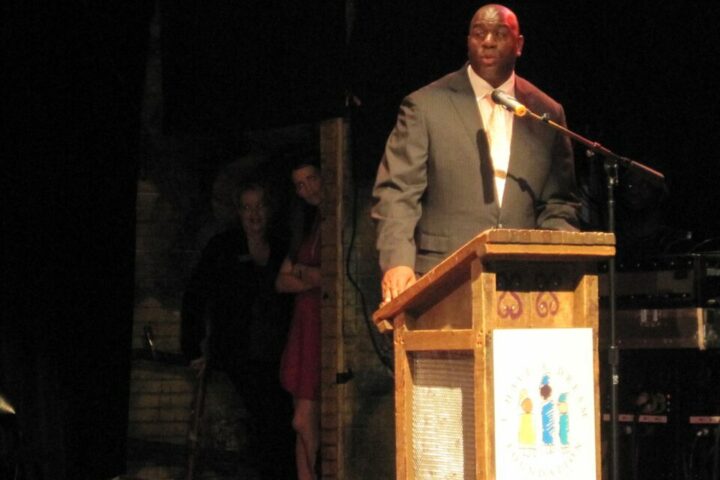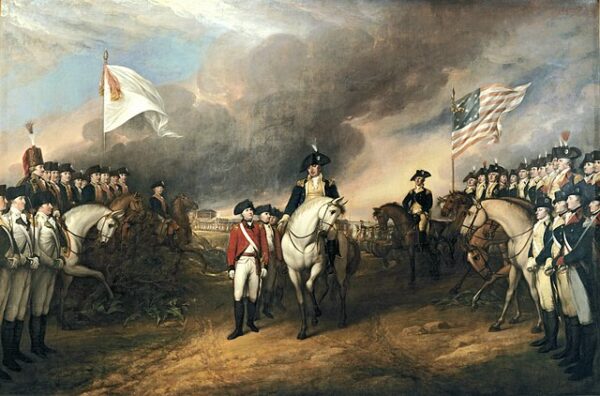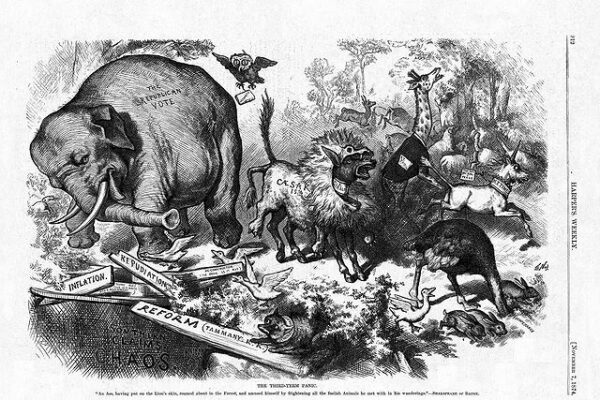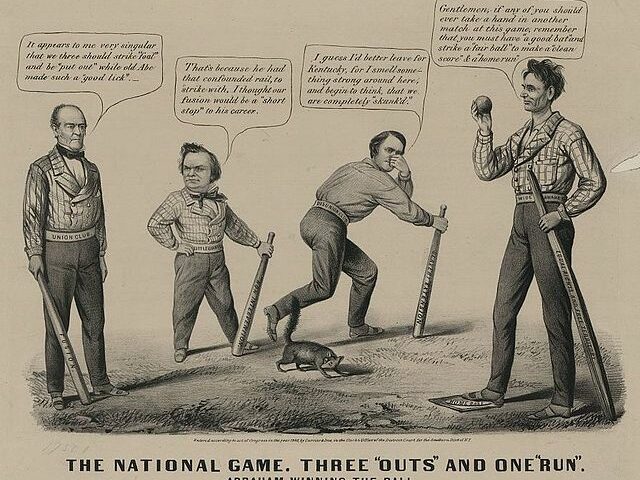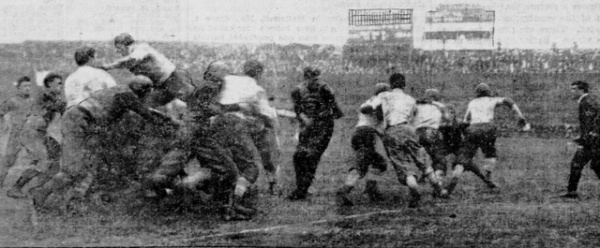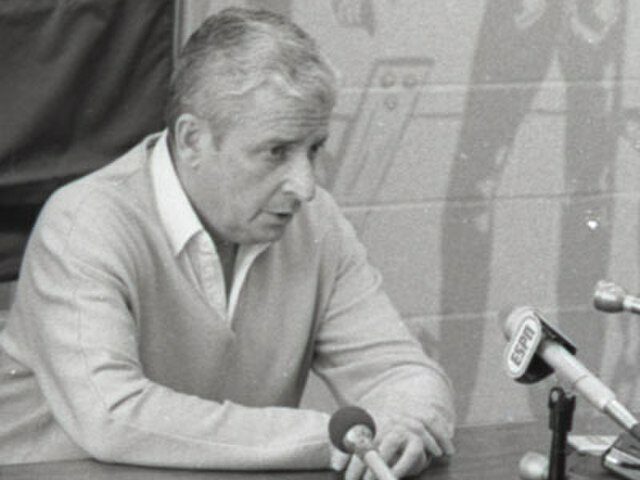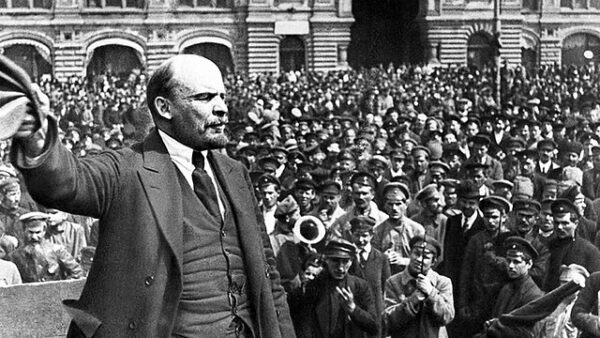Wilhelm Conrad Röntgen, a German physicist, made a groundbreaking discovery on November 8, 1895, that would change the fields of medicine and science forever: the X-ray. His journey began with his experiments on cathode rays, a form of electricity, which he conducted using Crookes…
Read MoreOn November 8, 1861, the Abraham Lincoln and Secretary of State William Seward found themselves caught in one of the most important diplomatic conflicts during the Civil War. Called the “The Trent Affair,” the incident involved the interception of a British mail steamer, the RMS Trent,…
Read MoreOn November 7, 1991, Earvin “Magic” Johnson stepped to a podium in Los Angeles and delivered a statement that reshaped not only his own life, but the public understanding of HIV/AIDS in America. One of the most charismatic and dominant players in NBA history,…
Read MoreLord Dunmore’s bold proclamation in 1775 threw the American colonies into turmoil, forcing them to confront the deep contradictions between their ideals of freedom and their reliance on slavery. John Murray, better known as Lord Dunmore and the last Royal Governor of Virginia, issued…
Read MoreOn November 7, 1874, a new political icon was launched when Thomas Nast created a cartoon titled “The Third-Term Panic,” depicting the Republican Party as an elephant. This cartoon popularized the elephant as the symbol of the party that remains prevalent to this day.…
Read MoreAbraham Lincoln’s election on November 6, 1860, signaled more than a partisan win; it signaled a stunning blow against the proslavery movement that had long held power over the United States. In a republic strained by the question of slavery’s expansion—an argument that had…
Read MoreOn November 6, 1869, the landscape of American sports changed forever in New Brunswick, New Jersey. In what is recognized as the first official intercollegiate American football game, Rutgers College took on Princeton University, which was then known as the College of New Jersey.…
Read MoreOn November 6, 1995, NFL fans in Cleveland received news that stunned the football world. The owner of Browns, Art Modell, announced he was moving the team to Baltimore after being unable to secure a new stadium deal in Cleveland. The decision to uproot…
Read MoreOn November 5, 1917 (New Style; October 23 by Russia’s Old Style calendar), Vladimir Lenin pressed his case for an immediate armed uprising, transforming months of revolutionary agitation into a concrete timetable. Bolshevik power in Petrograd had grown rapidly since the summer: factory committees…
Read MoreRemember, Remember the 5th of November, Gunpowder, treason and plot. It’s the beginning of a poem that children all over Great Britain sing as every November 5 the nation lights up in fireworks and bonfires. Unlike the United States, where Americans celebrate the birth…
Read More


